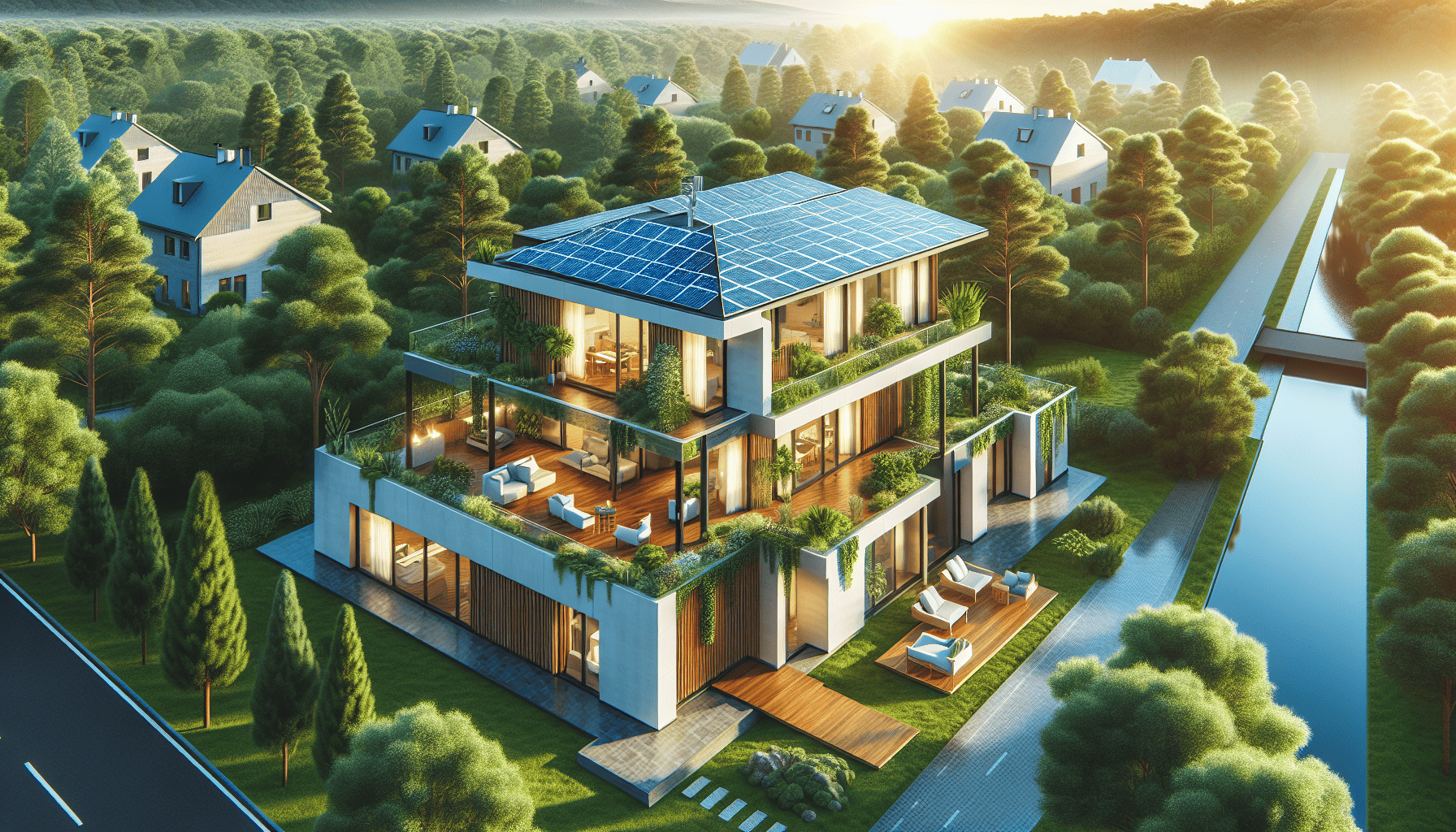South Africa, a country renowned for its diverse landscapes and rich cultural heritage, is at the forefront of innovative eco-friendly designs that are shaping a more sustainable future. As the world becomes increasingly aware of the environmental challenges we face, South African designers, architects, and entrepreneurs are stepping up to create solutions that are both beautiful and sustainable.
One of the most significant areas of development is in sustainable architecture. South African architects are embracing green building practices, utilizing locally sourced materials, and incorporating renewable energy sources to reduce carbon footprints. The use of solar panels, rainwater harvesting systems, and natural ventilation techniques are becoming standard in new constructions. Notably, buildings like the Hotel Verde in Cape Town, acclaimed as Africa's greenest hotel, showcase such initiatives by incorporating energy-efficient lighting, water recycling plants, and even a green roof to reduce its environmental impact.
In the realm of product design, South Africa is witnessing a rise in the creation of eco-friendly products. Designers are using recycled and upcycled materials to produce everyday items, from furniture to fashion. Companies like Sealand Gear are making waves with their innovative use of waste materials, such as old sails and tents, transformed into fashionable bags and accessories. This approach not only minimizes waste but also promotes a circular economy, wherein products are designed to be reused and recycled, thereby extending their lifecycle.
Another exciting development is in urban planning, where green urban spaces are being prioritized. Cities like Johannesburg and Cape Town are incorporating more greenery into urban landscapes to combat pollution and provide citizens with more recreational space. Initiatives like the City of Cape Town’s Green Point Urban Park serve as a model for integrating natural environments into cities, promoting biodiversity, and improving the quality of life for residents.
In addition to architecture and urban planning, the transportation sector in South Africa is also undergoing a green transformation. There's a growing emphasis on developing public transport systems that are efficient and environmentally friendly. The introduction of electric buses in major cities is a step towards reducing reliance on fossil fuels and decreasing urban pollution. Moreover, cycling lanes and pedestrian-friendly pathways are being developed to encourage eco-friendly modes of transport.
Education and awareness play crucial roles in the propagation of eco-friendly designs. Many organizations and educational institutions in South Africa are dedicated to raising awareness about sustainable practices. Workshops, conferences, and exhibitions provide platforms for sharing ideas and innovations in eco-friendly design, inspiring the next generation of environmental stewards.
In conclusion, South Africa's commitment to eco-friendly designs is carving a path toward a more sustainable future. By integrating sustainability into architecture, product design, urban planning, and transportation, South Africa is demonstrating that innovation and environmental responsibility can go hand in hand. As these practices continue to evolve, they hold the promise of not only benefiting the environment but also enhancing the quality of life for all South Africans. Through the collective efforts of designers, architects, and the broader community, South Africa is becoming a beacon of sustainable innovation on the global stage.
